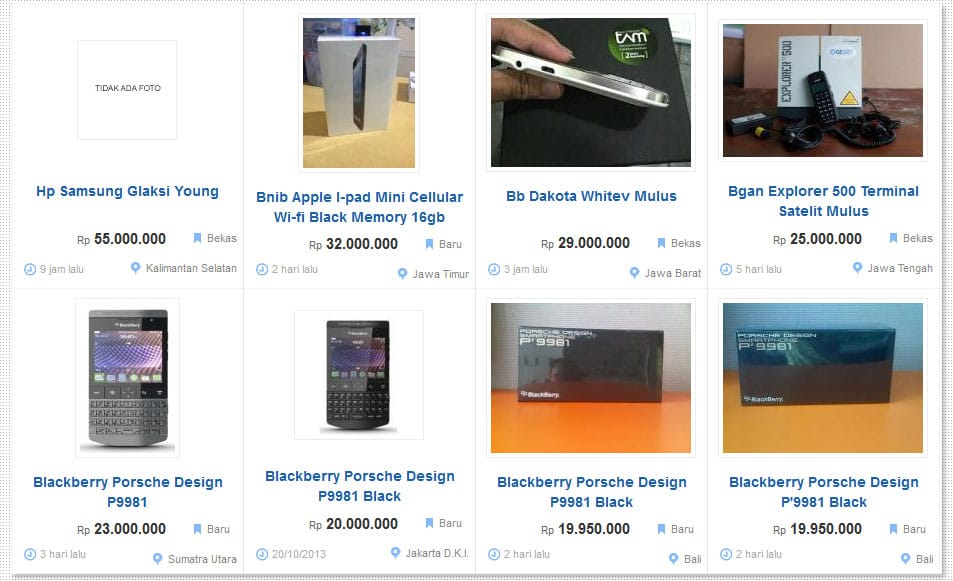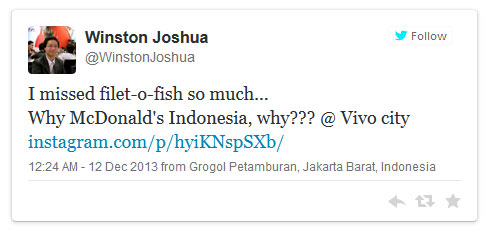Table of contents
“No battle plan survives contact with the enemy”
-Helmuth von Moltke the Elder, 19th century military strategist
You may not be a war general but if you are looking to start a business in Indonesia be ready to think like one. While business planning and research is important, the real world will more often than not provide challenges we couldn’t foresee. And those challenges can be very costly. That’s where market testing becomes useful.
First of all, let’s define market testing. Here’s a definition from entrepreneur.com:
To test multiple marketing scenarios and select the most promising for expansion.
Market testing is the stage between the product testing and commercialization. It seeks to find answers to the following questions:
- Who is your customer?
- What does your customer want to buy?
- How to approach your customer?
- What makes you better from the competitors?
In order to test the market, you need to have something to offer to your potential customers. In case of a company looking to expand to new market that’s not an issue. For a new company this could be a minimum viable product that is having only limited features.
The goal here is to get to the testing phase as quickly as possible to start getting the real world insights.
Market testing is conducted in following stages:
- Testing planning
- Running tests
- Analysis
- Optimization
Each stage of the market testing is vital to the overall success. Without having a proper plan for testing you might end up with tests that don’t give you the insights you need. Without conducting proper analysis on the outcome the results will not be translated into right optimizations.
Key benefits of market testing include:
- Validate demand. See whether there is an actual need for your product. Even if your product sells well in Malaysia it doesn’t mean it will do similarly in Indonesia.
- Make sure the market is big enough. Are there enough potential customers to build a business?
- Learning from wrong assumptions is cheaper. There will always be parts of your plan that are based on wrong assumptions. When you test them in a limited environment you can fix your plans before they escalate into bigger expenses.
- Invest where it matters the most. By seeing what works you can shift investment from areas that don’t work and scale what works.
- Respond to market faster. By working with limited environment, you can adapt your product offering very quickly. Every few hours if needed. That would be impossible if you target entire Indonesia immediately.
Traditional (but valuable) market testing techniques
Pseudo sales
Pseudo sales is a method where you offer your product, or even the mere concept, to your potential customers and find out whether they would buy it. Without actually paying money for it.
Even though it’s not exactly a real-world situation, there’s always a difference between what a customer thinks he would buy and what they will buy, it’s relative inexpensive to run and gives some indications on your product potential.
In their book New Products Management, Crawford and Benedetto distinguish three types of pseudo sales:
- Concept testing. Asking a customer how likely they would buy a product if it was manufactured?
- Product testing. Giving customer the actual product to try and then asking whether they would buy it.
- Speculative sales. Selling the product to a customer, sometimes even negotiating the price, to see if the customer would buy the product if it was actually available in the market.
None of the three methods require you to fully manufacture the product. The testing is done with samples (or prototypes) or sometimes even just only with a concept.
This can be especially beneficial for companies looking to import products in Indonesia. Setting up an import company and getting the import license is expensive and time consuming. Pseudo sales allow you to understand the consumer interest in your product before going through all of that.
Without actually selling to your customers you are also not breaking the law. So it’s as close as you can get to making actual sales legally without a legal presence.
Controlled sales
Getting your product in the hands of even one customer can make a world of difference.
Eric Ries, author of Lean Startup
Controlled sales is actually selling your product but either to a limited amount of people or geographical area. The process is documented and analyzed – hence the “controlled” sales.
Two common methods for controlled sales are following:
- Sales representative (direct selling). One or several persons are selling your product to the customers. This can be done using various channels – cold calling, events, fairs etc.
- Pilot market. Your product is made available in one or few locations. For example in only one store.
The difference between pseudo and controlled sales is that this time you sell an actual product and you charge for it as if you had fully launched the product.
This stage is perfect for playing with the price, features, marketing to figure out which works the best. And then you can scale it.
However, testing multiple variables at the same time will increase the cost and time it takes to reach statistical significance.
An experienced analyst is very useful in both planning the tests and drawing conclusions from the outcome.
Test marketing
Test marketing is launching your product or service in fully but in a limited environment. For example instead of targeting entire Indonesia, you go for only one city.
The key difference between controlled sales and test marketing is that it also involves the rollout of marketing plan for the specified area – giving you full feedback to everything you have planned for the entire market.
It’s especially useful if your business involves a lot of logistics. In Indonesia logistics costs are a huge factor and therefore by starting from only one city you save money while figuring out the best approach in product, marketing and sales.
The good news – it’s 2014 and the geographical barriers of market testing are not what they used to be. In the next chapter we’ll look some simple and relatively inexpensive ways to test your market online before going for the brick and mortar.
Testing market online
Sell product in online classifieds
E-commerce in Indonesia has been lagging behind but things are changing. Tokobagus, the market leader in online classifieds, is a website where people can sell anything from their old t-shirt to their car or even house. Lately they reported that they now get 1 billion pageviews per month. That’s billion with a “b”. That’s your test market right there.
Online classifieds are great because anyone can sell their products there. So here’s what you can do.
Hire one Indonesian person to sell some of your product samples in Tokobagus, Kaskus and potentially few other sites. Let that person record every response the product receives – who asked for more details, who shared it in their social networks, which price level attracts the most interest etc.
You can go as far as even selling your products in Facebook. A lot of Indonesians do and it used to be the main “e-commerce” platform until recently. The products are displayed in albums and orders are made via some popular instant text messaging (e.g. WhatsApp, Line or Blackberry Messenger).
By analyzing the responses you’ll get a good indicator of who are your customers, why they care about your product and where to find them. Or whether there even is any interest.
The goal is not to sell a lot of products – it’s learning about your consumers.
Set up your own website
Having your own Indonesian website is another effective way to validate the demand for your product. You can test the market in several ways:
- See whether people are searching for your product online (demand)
- See whether people are sharing your content in social media (consumer engagement level)
- See whether people are (or would be) actually buying your product
Setting up and marketing via your own website is a science itself and out of the scope of this article. But by using industry experts you can get relatively quickly the response from the market. Majority of Indonesian companies are very weak online and therefore it’s pretty easy to rank well in Google and attract leads using pay per click (Google Adwords).
This is an area where you don’t want to save money and use your hipster cousin to handle the website for you. Unless your cousin is an internet marketing expert with a proven track record of course.
Stalk your competitors in social media
One way to test the market is seeing what response your competitors are already receiving. That’s basically letting them to do the market testing and learning from their mistakes.
Indonesians are extremely active in social media. Jakarta is world’s biggest city in Twitter and Bandung also ranks in top 5.
Monitoring what people say about competitors is a good basis for hypothesis and your own market testing plans. Once you’re rolled out you can of course monitor your own brand performance as well.
A word of warning
In this article I’ve described many tactics you can use to test your market in Indonesia. While it may be tempting to just get your hands dirty and do everything yourself, it’s very easy to draw wrong conclusions when your testing plan, delivery or analysis was not done professionally.
Your mom may think that wearing a reindeer sweater for a date is a great idea but it doesn’t mean it actually is. It’s an obvious example but falsely testing your market may lead to similar results except you don’t see the obvious misleading insights.
So go ahead and test the market but accompany that with good analysis and optimizations.
Emerhub is here to help, we are rolling out our own market research and testing service to provide a full range of service to our clients.










